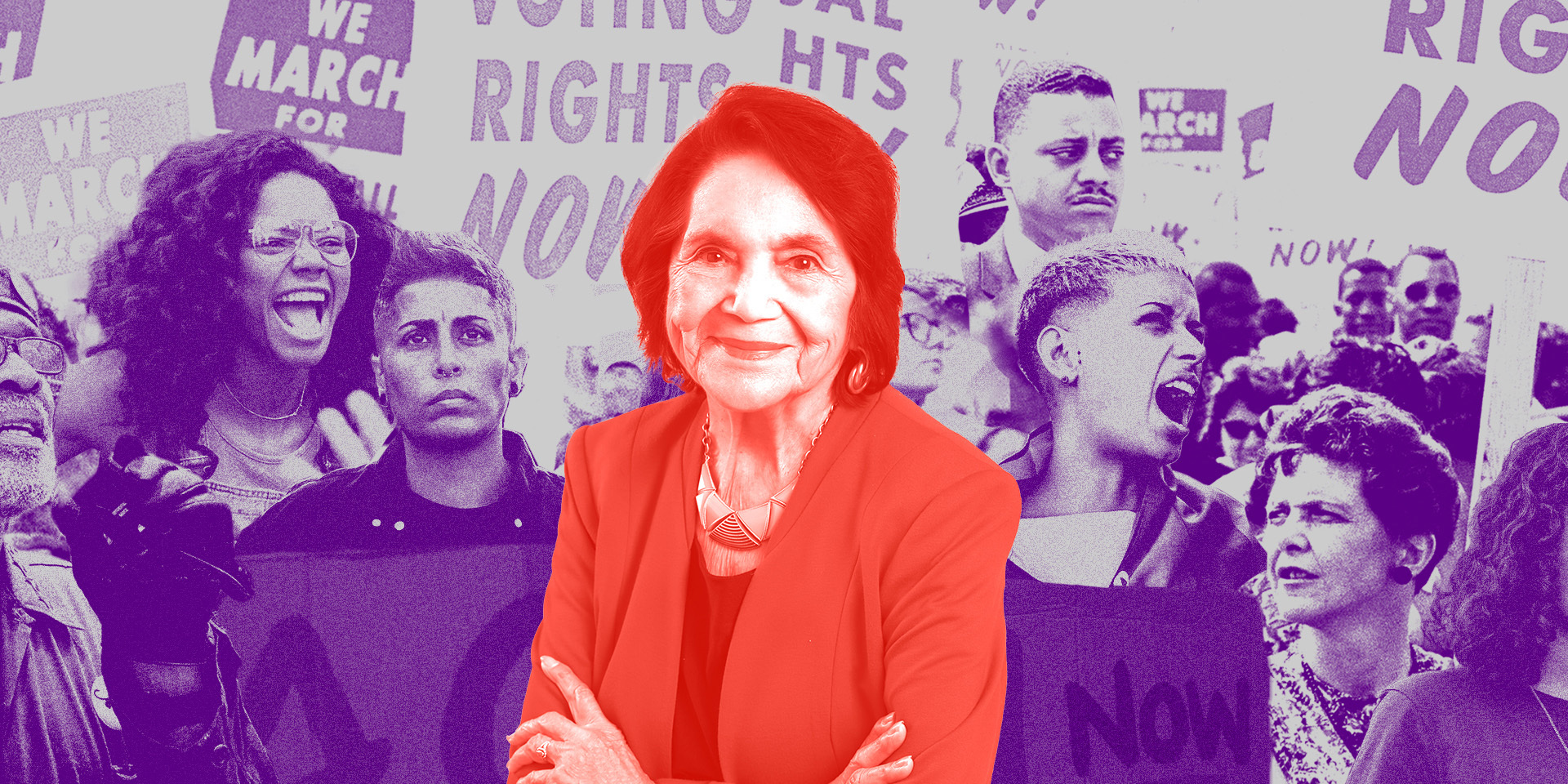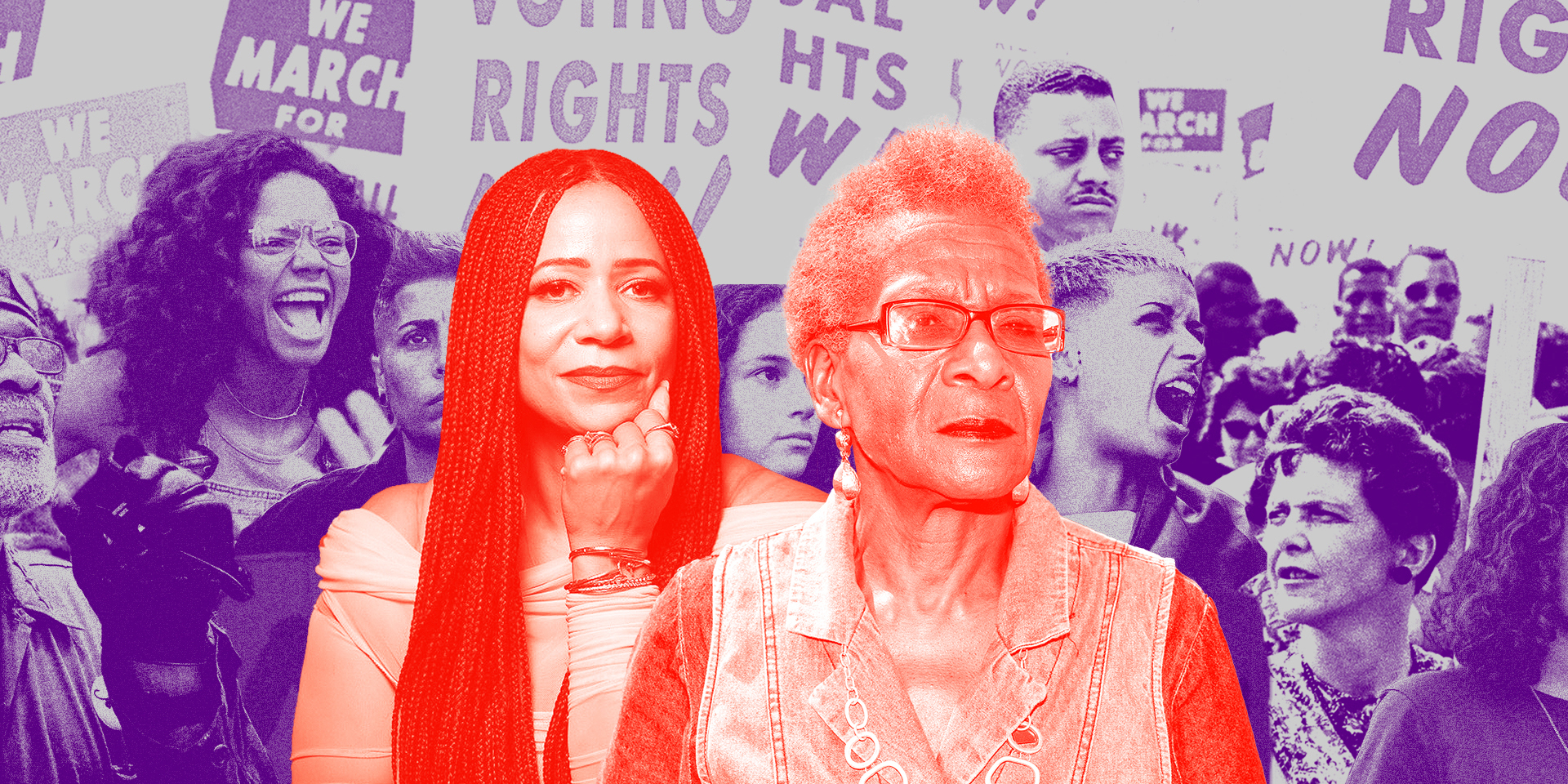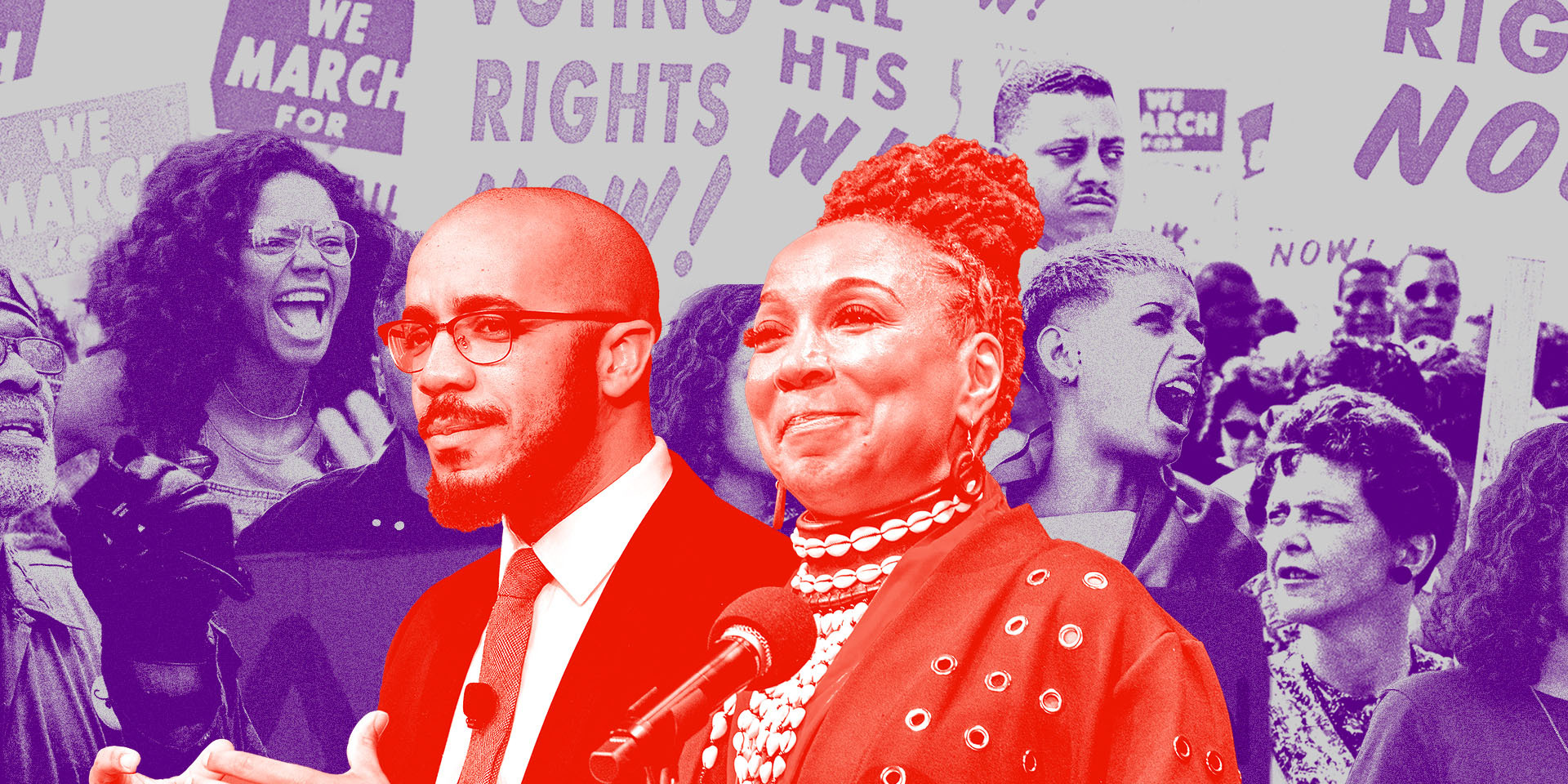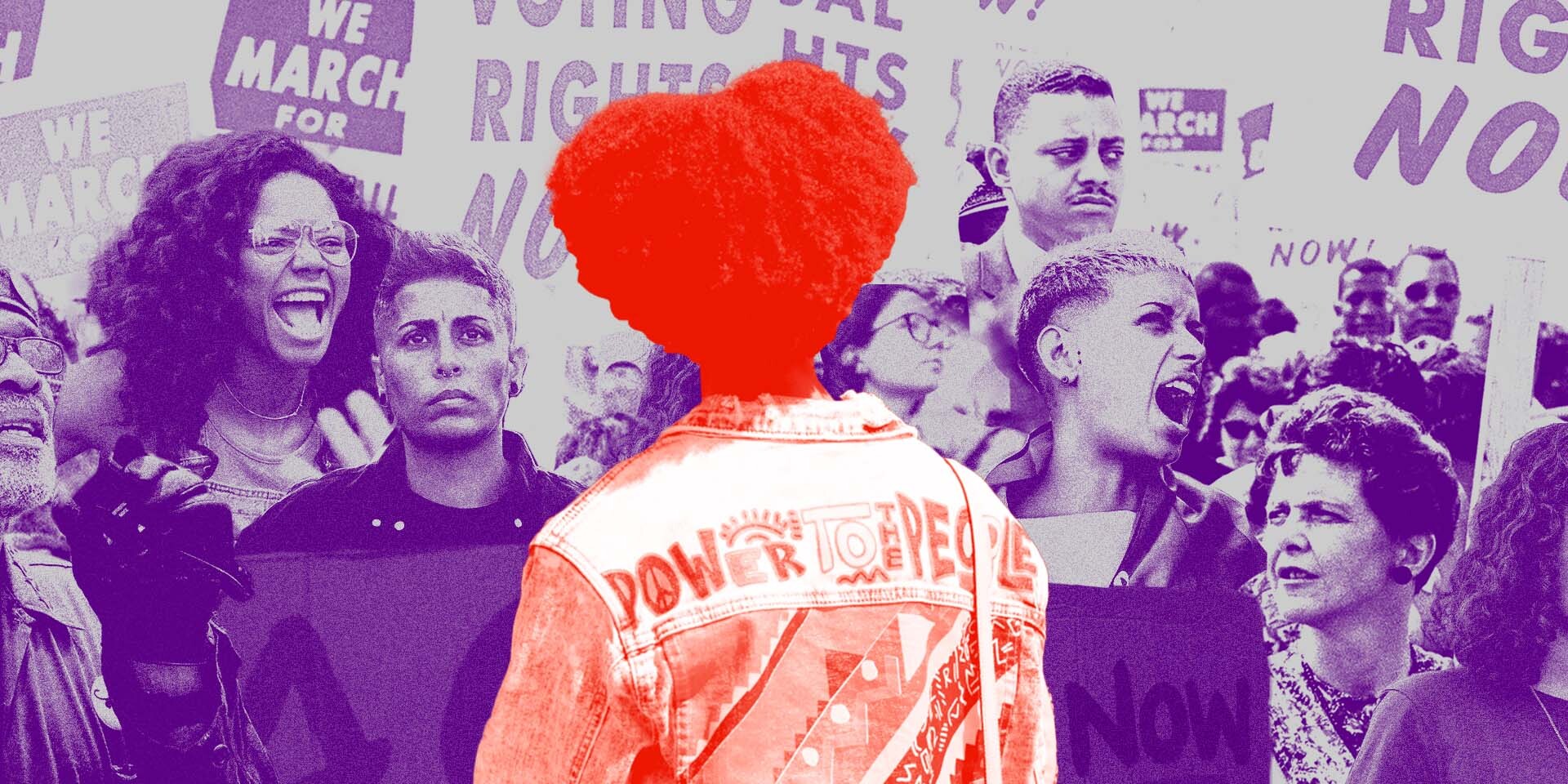This October, the South isn’t waiting to be seen — it’s leading. National Hispanic Heritage Month and the Atlanta Pride celebration stand as twin testaments to how communities across the region continue to shape the nation’s conscience.
At the center of that legacy stands Dolores Huerta, the civil rights icon and co-founder of the United Farm Workers, whose words have inspired generations to fight for dignity and equality.
That same spirit carried into Atlanta Pride on Oct. 11-12, where grand marshals Raquel Willis, an activist and author, and Christy Perez, an award-winning journalist who holds a doctorate in theology, embodied what Southern liberation looks like in motion: unapologetic, visible and united.
Dolores Huerta: ‘Get over it. You’re Africans, OK?’
Civil rights icon Dolores Huerta speaks a message that is both a rallying cry and a reality check.
“The more that we learn about our own history, about our own contributions — and this is so important, especially for the young people that are in school. … The color of our skin is something that we need to be proud about,” Huerta said in the latest episode of the Southern Poverty Law Center’s Apathy Is Not an Option podcast. “Our human race began in Africa in the first place. … That means that every single human being on this planet right now has ancestors that are Africans. … We can say to all of those neo-Nazis out there and the white supremacists, ‘Get over it. You’re Africans, OK? Just get over it.’… This is why history is so important.”
Huerta connects pride to power.
“The main thing we have to do,” she said, “is really get involved in civic life … get people registered to vote, get people to vote. This is how we make permanent change — by making things into law.”
And she reminds us what unity looks like in action.
“As long as we all stay, stick together, get out there and do the work that we need to do, then we’re going to be a lot stronger,” Huerta said. “Sí se puede.”
Atlanta Pride 2025: We fight with joy
Huerta’s message is about owning our power. Atlanta Pride took that power to the streets.
The festival’s 55th anniversary captured the spirit of a resilient community.
Grand marshal Raquel Willis, named to Time magazine’s TIME100 Next list for her work advancing gender justice, reflected on how the South’s struggles — and triumphs — shape its role in liberation.
“Being from the South means you understand the arc of American history and social justice in a deeper way,” she said. “They want us to see these fights as completely disparate so that we don’t come together in this kind of collective around liberation.”
Christy Perez, also a grand marshal for this year’s celebration, echoed that truth about Pride.
“It’s not debauchery,” she said. “It’s resistance. And it’s visibility and it’s a bold declaration that we are here and it’s a celebration for the fact that we’ve survived so much.”
Scott McCoy, deputy legal director of the SPLC’s Inclusion & Anti-Extremism litigation team, said it best.
“As the saying goes, ‘As the South goes, so goes the nation.’ The South is a place where intersections between queerness and race and gender all come together in ways that are different than the rest of the nation,” he said.
He also spoke about the region’s power to drive change.
“I think that Atlanta kind of being, in some respects, the capital of the South and host to a huge population of LGBTQ people makes it just a, a perfect place to try,” he said.
(Photo illustration by Jodi Hunt; photo of Dolores Huerta courtesy of Dolores Huerta.)
Cassandra Douglas is the digital director for the SPLC and executive producer of the SPLC’s Apathy Is Not an Option podcast.






